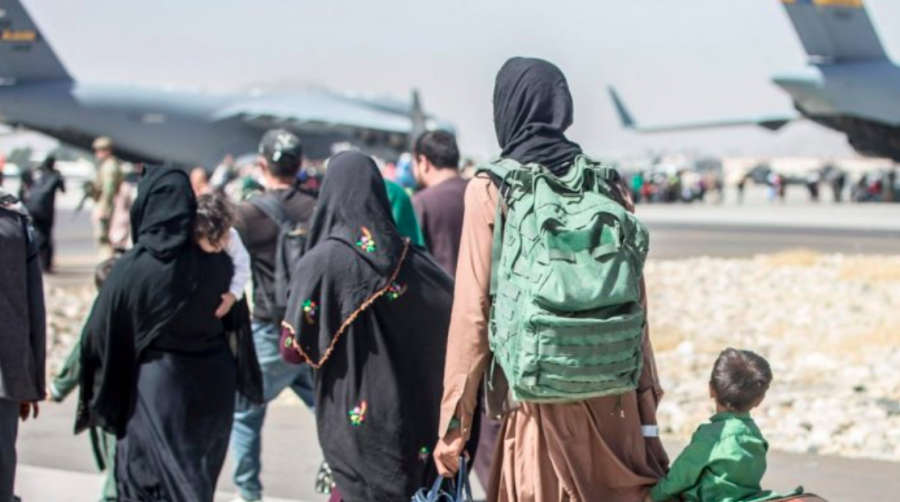The Absence of Jews in Afghanistan
The power of the news is not one to be reckoned with. Many news stories only cover what will get more clicks and sometimes skew the truth to do so. When it comes to the situation in Afghanistan the news has been focused on the aftermath of the Taliban takeover, which has had many negative repercussions for women. And for the Jewish man that used to live there.
Sebulon Simentov was the last Jew in Afghanistan, and he escaped in mid-September. He refused to leave earlier not only in order to protect the country’s last synagogue, but also to avoid his wife who has been waiting for a divorce for over twenty years. (In more religious Jewish communities both spouses must sign a document, known as a get, to finalize the divorce.) This is not the first time that Simentov has refused to leave the country. Twenty years before he and the other Jew in Afghanistan (who died in 2005) refused to go and were put in jail from the Taliban. The story claims that their arguing was so incessant that they were released from prison.
The tragedy of the Jews of Afghanistan (that of a once flourishing Jewish community reduced to few or none) can be seen around the world. In the Libyan city of Tripoli in 1941, a quarter of the population was Jewish and now it is entirely Jewish free. Recently many of the countries that have had large Jewish populations in the past now don’t advertise the Jewish history and refurbish synagogues for tourism. They honor the history but refuse to accept any Jews in the country. My question is simple: why? Why do these countries embrace Jewish history, but refuse to accept Jews into their country?
The Jewish travelers who visit these historic sites often feel uncomfortable even though it is their history that is being preserved, as it is easy to feel such discomfort when they are the only Jew in the country. Dara Horn, a writer for the New York Times has traveled across the world and gone to these countries and she herself states that when she goes to these holy places, places that were extremely important to the prior Jewish community, she doesn’t feel grateful for the restoration of the building. Instead, she feels rage for the fact that certain countries find it easy to gloat about their past, but refuse to accept people in the present.
What is even more unfortunate is that these countries, who discourage racial diversity, are not entirely different from the United States. The United States is known for having ethnic diversity, but there is still an unfortunate abundance of racial prejudice and inequality. Many of the Jews left because they wanted to go to places that had more people like them. The United States is supposed to be a place where everyone is accepted. We don’t want to make people feel singled out or excluded. We want to be the country that accepts everybody with open arms, for how can we say we are a forward country if we still follow backwards thinking?

Liron is a senior who is stoked to be working at the Banner again for her fourth year (second year as communications officer)! Outside of writing for the...


